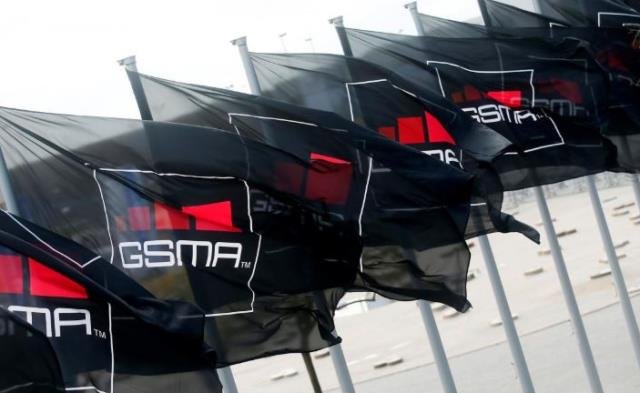Mobile World Congress (MWC), telecoms industry’s biggest annual gathering, is hoping to attract about 50,000 attendees in the Spanish city of Barcelona, making it one of the biggest physical events since the start of the pandemic.

Top executives from Nokia, Ericsson, Amazon and Cisco have confirmed their attendance for attending the MWC 2022 — after a gap of two years. GSMA had cancelled MWC Barcelona 2020 because the global concern regarding the coronavirus outbreak, travel concern and other circumstances.
MWC was one of the first events to be cancelled in 2020 as COVID-19 started to sweep across the world. Normally held in February, in 2021 it was switched to June and a cut-size version.
A handful of companies such as Lenovo are attending virtually. Most big names including Samsung and Huawei will be showcasing new products at the venue, Reuters reported.
“I am desperate to connect with people in real life again,” said Allison Kirkby, CEO of Telia. “Innovation only happens when people come together.”
While the expected attendance for this year’s MWC is less than half the 109,000 registered for 2019, it compares with roughly 20,000 attendees at MWC last year. Technology show CES 2022 managed 40,000 participants in December.
“We have 1,500 exhibitors confirmed, 1,000 speakers, and out of the seven halls that we will engage, we have an 85 percent occupancy ratio,” Mats Granryd, director general of conference organiser GSMA said.
The event will run from February 28 to March 3.
While daily coronavirus cases in Spain are still over 40,000, the country has been rolling back restrictions following a high rate of vaccination, including lifting a mandate for people to wear masks outdoors from Thursday.
Many companies are sending out invitations for product launches, dinner meetings and other events spread across Barcelona.
A vaccine certificate is enough this year to attend MWC, while last year an attendee had to get tested at the gates of the venue to gain entry. There will be no-one at the venue this year reminding attendees to stick to social distancing.
The event usually provides a significant boost to Barcelona’s economy, with GSMA estimating it brought $500 million to the city in 2019.
